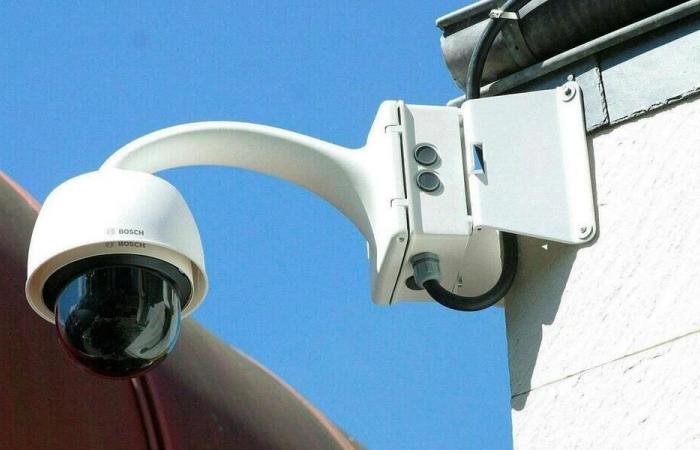Video surveillance would have an impact on our attitude, without us even realizing it. As shown by a study published by researchers from the University of Technology in Sydney (Australia) on December 10, 2024 in the journal Neuroscience of Consciousness, knowing that we are being filmed by surveillance cameras would change our conscious but also unconscious behavior, reports Study Finds, relayed by Slate .
A transformed visual treatment
In France, many municipalities have installed surveillance cameras in their streets precisely as a deterrent. According to this study, surveillance cameras have unconscious behavioral effects on everyone, even to the point of transforming the way our brains process visual information.
To achieve this result, the researchers conducted an experiment on 54 undergraduate students. The latter were divided into two groups: one not knowing that they were being monitored, and the other knowing they were being completely monitored, to the point that the students even had to sign consent forms. All were then subjected to the phenomenon of flash suppression, an illusion in which different images are presented to one eye then the other. This technique is commonly used to study the mechanisms of conscious and non-conscious visual processing.
Effects on mental health
At the end of the experiment, differences were noted between the two groups. The group knowing they were being watched became hyperaware when exposed to images of faces. The latter was able to detect the information “almost a second faster” than the other, explained Kiley Seymour, lead author of the study, in a press release.
“This is a mechanism that evolved to allow us to detect other agents and potential threats in our environment, such as predators and other humans, and which appears to be enhanced when we are being monitored.”she added. This interpretation was also validated by the fact that no differences were observed when facial stimuli were not involved.
These results suggest that video surveillance could have unexpected effects on certain people suffering from pathologies such as psychosis and social anxiety. Especially since the effect of the cameras seems to operate beyond all awareness, since the monitored participants said they were not very concerned about being filmed.
The widespread use of video surveillance could therefore affect us on a deeper level than previously thought, adding to privacy concerns and mental health concerns.






